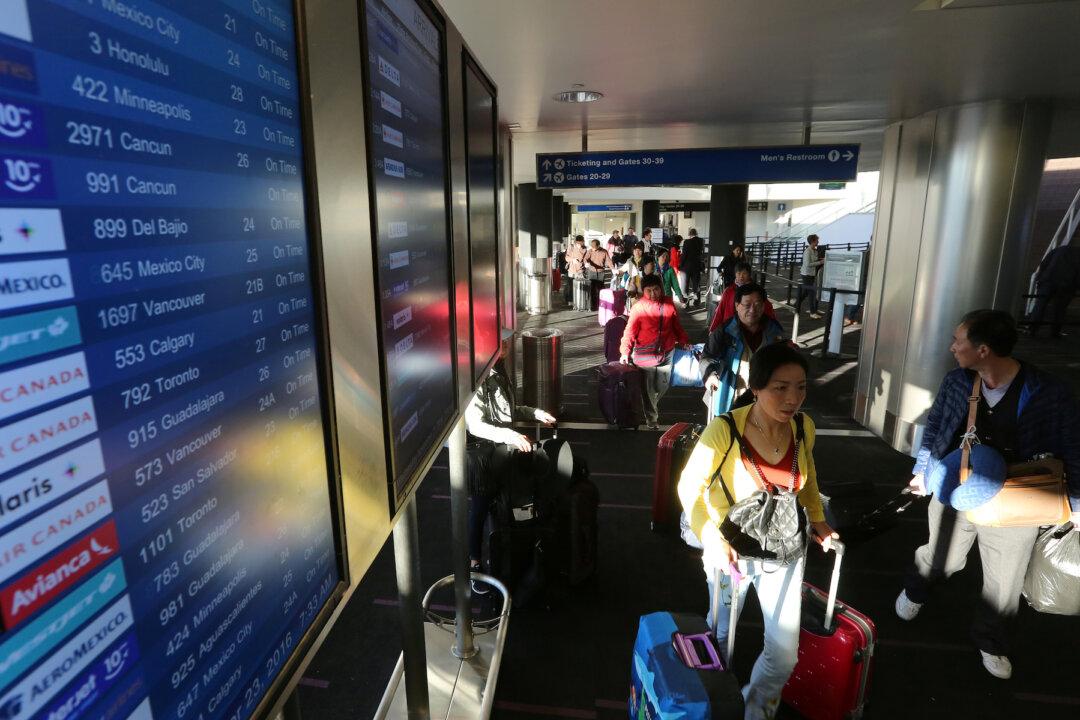WASHINGTON—Thousands of travelers at U.S. airports faced delays on Friday, Aug. 16, because of an nationwide outage of U.S. Customs and Border Protection’s (CBP) processing systems that lasted several hours.
In a tweet at 6:37 p.m. EDT (2237 GMT), CBP said “the affected systems are coming back online and travelers are being processed.”





